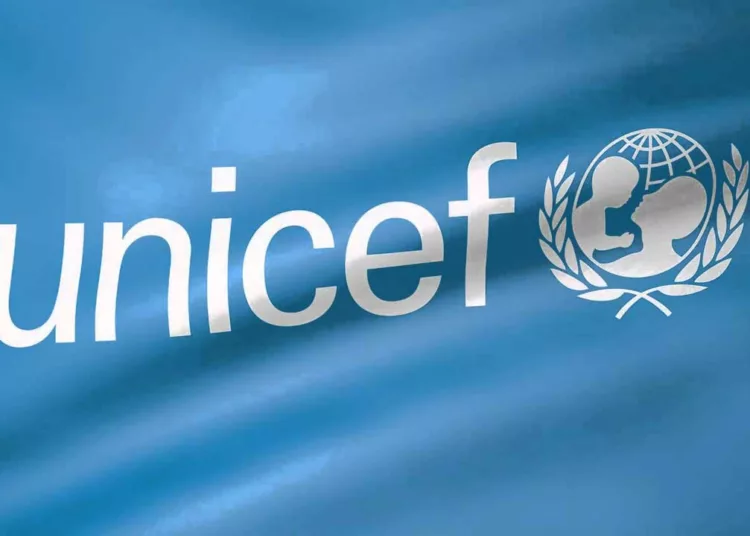Amid stunning statistics that Nigeria currently stands at a 99.95 per cent deficit in meeting the United Nations Children’s Fund (UNICEF) recommendation of an estimated 11 million toilets to end the menace of open defecation in the country, stakeholders have expressed the urgent need to take the bull by the horns and avert myriad of negative health outcomes associated with the menace.
To the stakeholders, the problem is more worrisome given the fact that out of the 11 million toilet facilities needed to make Nigeria an open defecation-free state, it has only provided approximately 5,500, leaving a staggering 10,994,500 toilets yet to be built.
More so that the current situation is against a backdrop of the six-year Clean Nigeria: Use a Toilet campaign which started in 2019 by the Ministry of Water Resources and Sanitation in collaboration with UNICEF to end open defecation in Nigeria by 2025.
To this end the United Nations Children’s Fund (UNICEF), the Oyo State Rural Water Supply and Sanitation Agency (RUWASSA) and other stakeholders have vowed to ensure that every nook and cranny of the state is free from the practice of Open Defecation (OD).
In specific terms, the stakeholders called for collective action and partnerships to tackle the growing challenges OD.
Tackling the issue at the stakeholders’ meeting to mark the 2024 World Toilet Day with the theme: “Toilet: A Place of Peace”, UNICEF WASH Manager, Jolly Ann Maulit, said the theme underlined the reality that open defecation remained a risk to billions of people worldwide.
According to her, it has a direct impact on health, education, and poverty alleviation outcomes.
She said, “World Toilet Day” is more than just an observance; it’s a global call to action.
She said according to UNICEF’s Children’s Climate Risk Index, Nigeria is third among 163 countries where children are most vulnerable to climate-related risks and hazards.
“This is so because sanitation facilities that are not climate resilient break down quickly and are not usually rehabilitated on time, leading to people resorting to open defecation.
“We need government political commitment, budget releases, partnerships with the private sector, philanthropists and NGOs, social mobilisation, and youth involvement in hygiene and sanitation promotion to end open defecation in Oyo state.”
The chairman of RUWASSA, Mr Babalola Afobaje, said the agency would continue to take proactive actions through the support of government and UNICEF to ensure availability of water and toilet at every strategic location in the state.
We’ve got the edge. Get real-time reports, breaking scoops, and exclusive angles delivered straight to your phone. Don’t settle for stale news. Join LEADERSHIP NEWS on WhatsApp for 24/7 updates →
Join Our WhatsApp Channel










